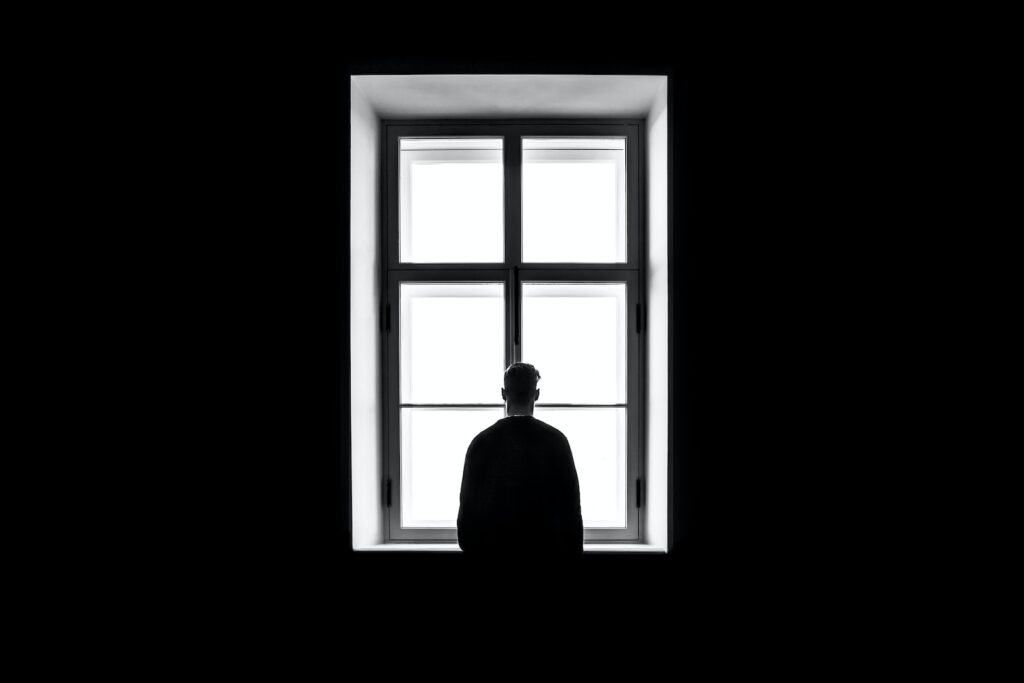Depression Cautions and Warnings
There are several types of depression, but he main two types are situational and clinical.
Situational depression is when a specific incident happens in your life that causes you to have a change of mood. Minor examples would be getting fired, having a car repossessed or worrying about income. These all have a source you can trace back to.
Clinical depression involves a chemical imbalance in the brain. In order to determine the nature of symptoms you would need help from either a psychiatrist or medical physician. A psychologist may diagnosis clinical depression, but is not licensed to dispense medication for treatment and it is wise to investigate any depression with medical aid.
If the depression is so severe you cannot carry on your daily functions or have any suicidal inclinations you should call 911, or a crisis center immediately. If you are not calmed down then go to the nearest emergency room of a hospital and tell them the severity of your condition.
Whether you have either depression diagnosis there are many skills you can learn to help manage your own care. These can be done with or without medication, but it is always recommended to seek the advice of a physician.
Sometimes situational depression can turn severe with sudden loss, death of a loved one, or a debilitating accident.
Chronic pain also causes many people depression. If you have been self medicating with alcohol or drugs you can find help in our addiction section to incorporate with codependent relationship and depression recovery. The lift you get with substances is temporary and symptoms can increase after it wears off.
Early warning symptoms of depression might be simple things like forgetting things at the grocery store or not being able to concentrate. Avoiding other people and isolation is also a sign. People are different so a good first step is to learn what triggers appear in your life and how they begin to manifest it.



